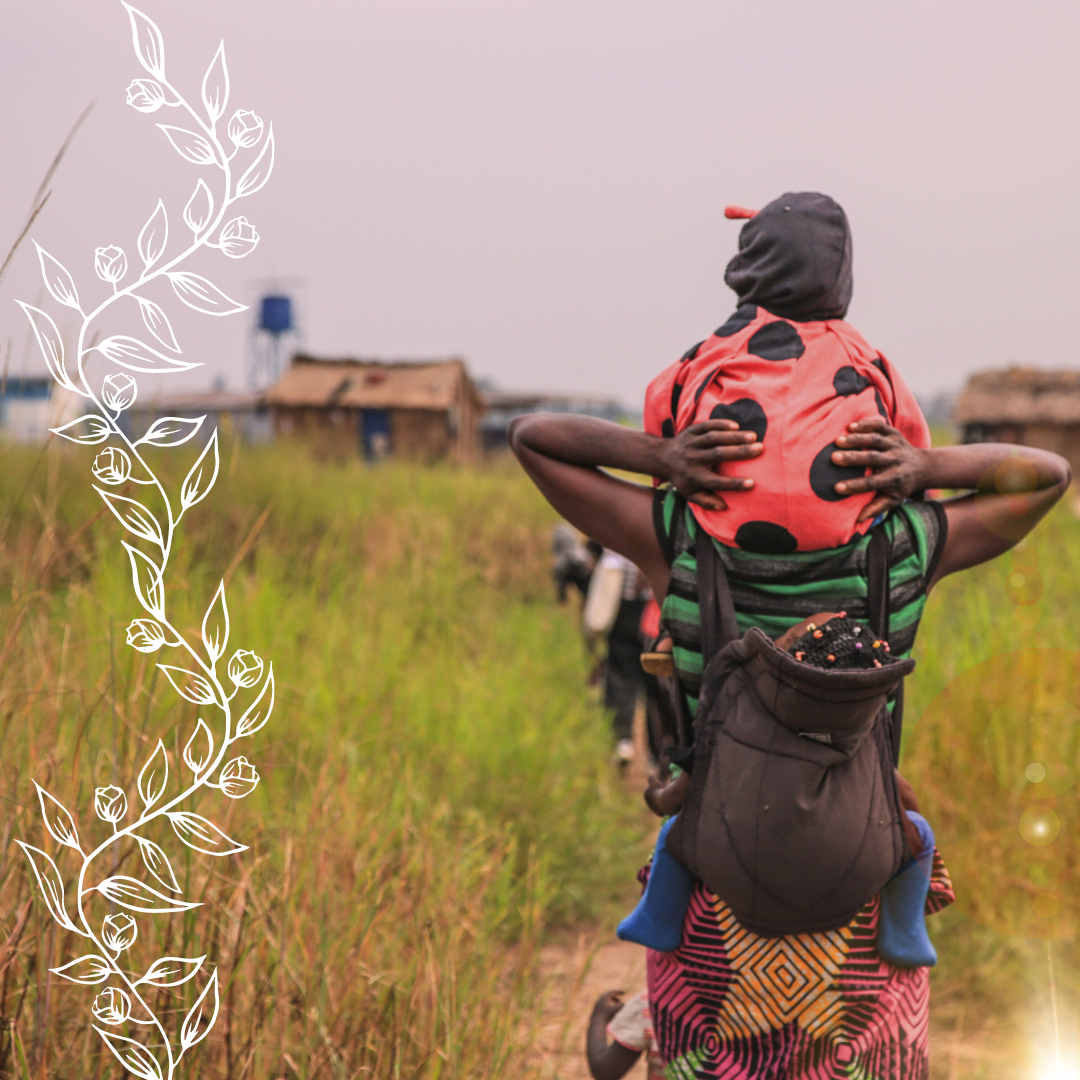Insights from the 2024 Cervical Cancer Elimination Forum
Cervical cancer still takes the life of a woman every two minutes, but progress is underway to combat this deadly disease. Last week was the Global Cervical Cancer Elimination Forum, a historical step towards securing sustainable HPV vaccine supplies and protecting millions of girls from low- to middle-income countries from cervical cancer.

The State of Cervical Cancer Today
Every two minutes, a woman dies of cervical cancer. This disease continues to take a heavy toll on women’s lives globally—impacting hundreds of thousands of women and families each year—despite being preventable through the human papillomavirus (HPV) vaccine. However, hope shined bright as the world convened at the 2024 Cervical Cancer Elimination Forum last week. At the forum, hosted by the World Health Organization, governments and leaders in global health discussed strategies for accelerating efforts towards eradicating this illness, including improving access to the HPV vaccine and championing women’s rights in the fight against cervical cancer.
At the forefront of the discussion was the pivotal role of the HPV vaccine in cervical cancer prevention. Framing this conversation was Gavi, the Vaccine Alliance’s action plan to “ensure we reach our goal of protecting 86 million girls by 2025” with the HPV vaccine. The roadmap outlines pathways to enhance the HPV vaccine market, emphasizing the need to bolster production capacity, reduce costs, and fortify supply chains. These efforts are particularly vital in low- and middle-income countries, where the cervical cancer burden is disproportionately high; in fact, over 90% of the 348,000 deaths from cervical cancer in 2022 occurred in low- and middle-income countries. By ensuring equitable access to the HPV vaccine, we can ensure women are able to protect themselves against the disease, no matter where they live.
A Roadmap for Elimination
Integrating HPV vaccination into national immunization programs emerged as a crucial strategy endorsed at the forum. WHO’s Global Strategy for Cervical Cancer Elimination lays out a clear path to eliminating the disease, utilizing the single-dose vaccine and updated recommendations to simplify access to screening and treatment. By embedding the vaccine into routine immunization schedules, countries can extend its reach and ensure sustained protection for girls and women. Integration not only streamlines healthcare delivery, but also maximizes the impact of existing infrastructure, ultimately saving lives and reducing the burden of cervical cancer worldwide.
Interventions to Empower Women
Beyond medical interventions, the forum spotlighted the intersection of cervical cancer and women’s rights. Addressing social determinants of health, such as financial constraints, lack of awareness, and cultural stigma is essential for achieving equitable access to cervical cancer prevention and care services. Empowering women with knowledge about their reproductive health rights and providing them with the resources to make informed decisions are fundamental steps toward overcoming systemic barriers and promoting health equity. In tandem with expanded vaccine access, these interventions can keep women and girls safe from cervical cancer.

The Importance of Collaboration
Finally, the forum also emphasized the significance of collaboration and partnerships. Multisectoral engagement, involving governments, international organizations, civil society, and the private sector, is essential for mobilizing resources, sharing best practices, and advocating for policy changes that prioritize women’s health and rights. As HPV immunization campaigns ramp up around the world, collaboration, coordination, and knowledge-sharing will be more important than ever.
Overall, the 2024 Cervical Cancer Elimination Forum served as a rallying point for accelerating progress toward the global goal of eradicating cervical cancer. By prioritizing HPV vaccination, expanding access to screening and treatment services, championing women’s rights, and fostering collaboration, stakeholders are paving the way for a future where cervical cancer is a rarity, not a reality. Together, we can create a world where every woman can lead a healthy and fulfilling life, free from the threat of cervical cancer.
This first global forum is an important opportunity for governments and partners to invest in the global elimination strategy and addressing the inequities that deny women and girls access to the life-saving tools they need.
Dr. Tedros Adhanom Ghebreyesus, WHO Director-General

